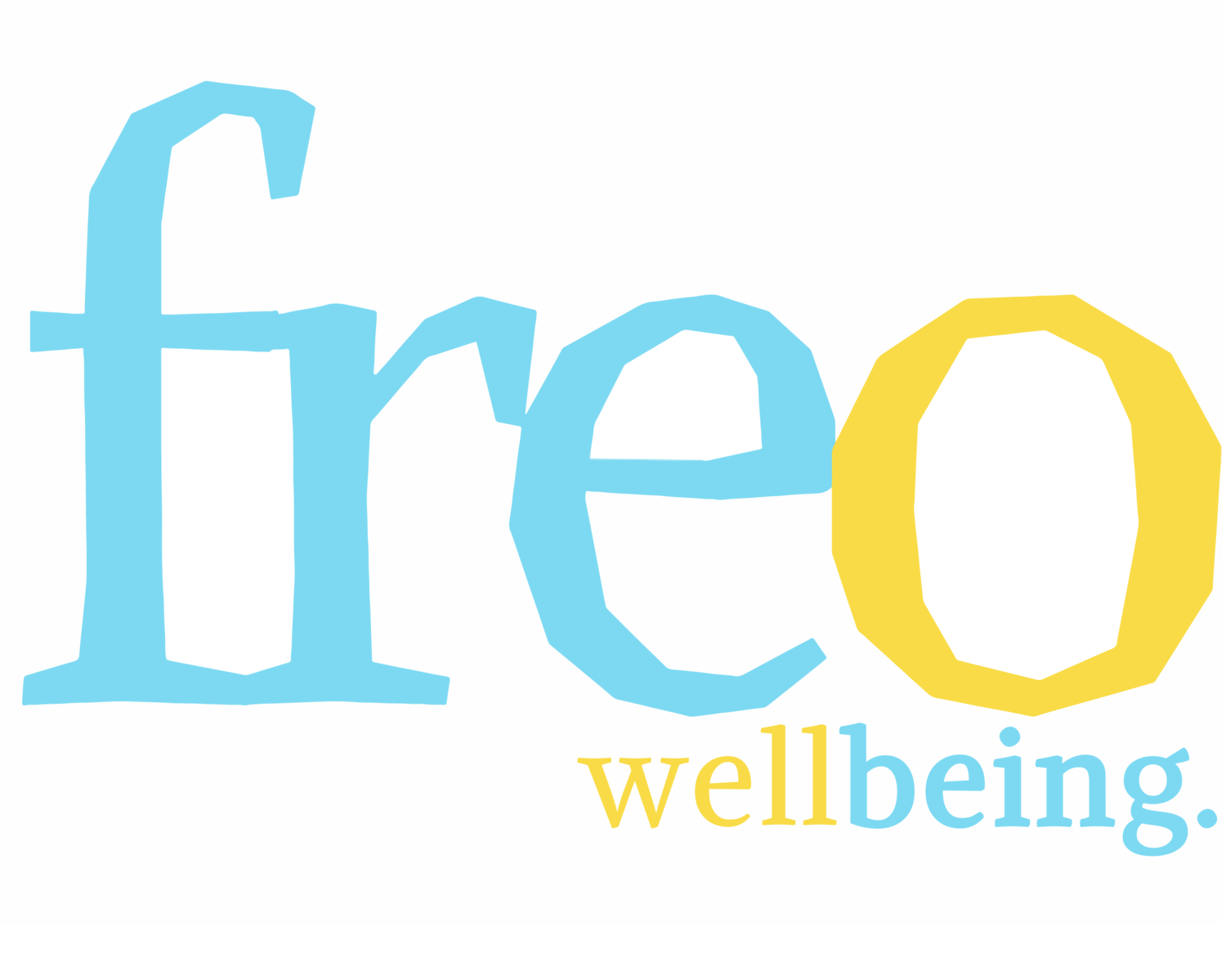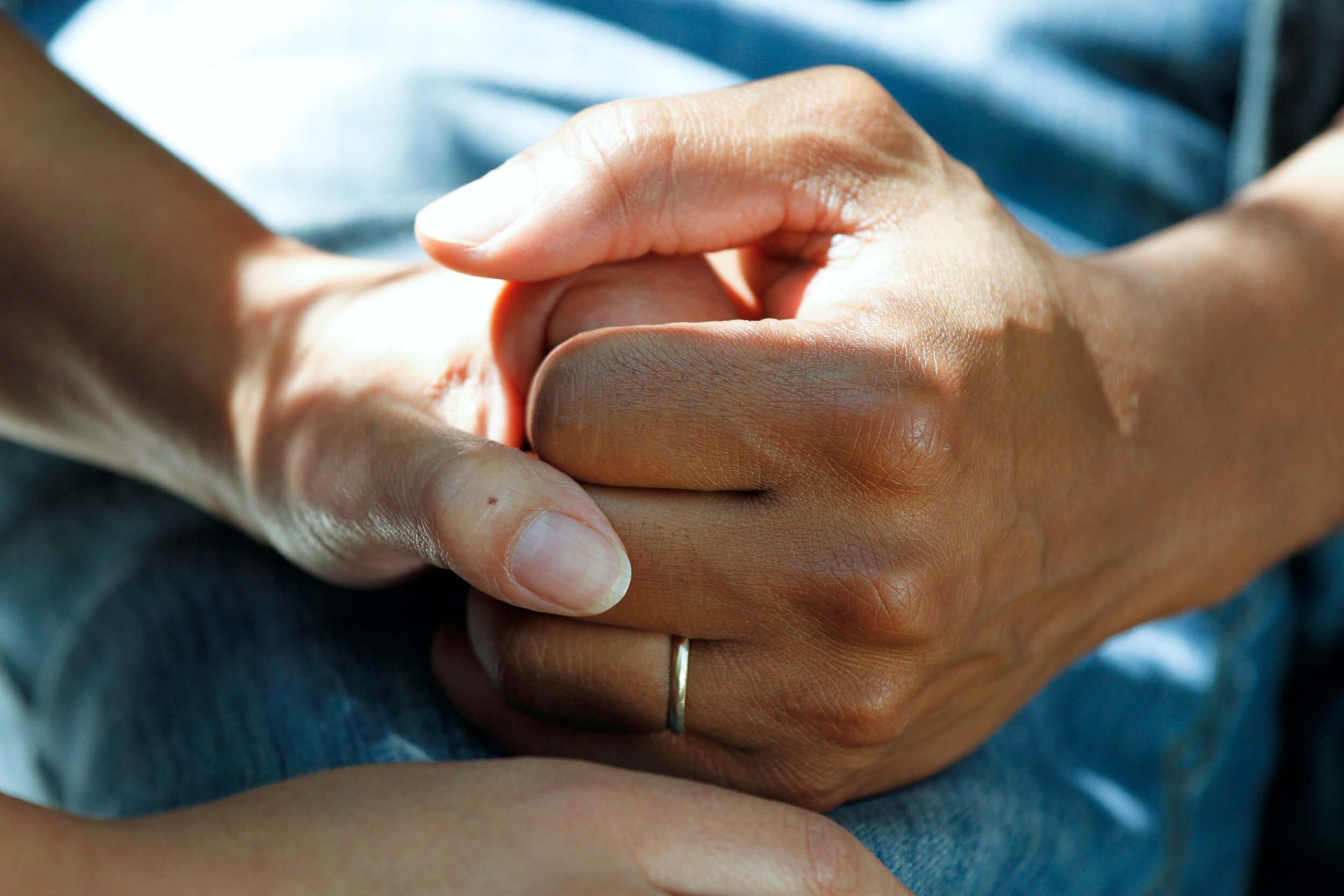Bereavement
Nothing can prepare you for the pain and the gamut of feelings you experience when you are bereaved.
What is bereavement?
Bereavement is the loss of a dear one, which causes feelings of grief, pain and sadness.
I generalise with some liberty because even when some people are relieved by the death of a loved one (if they were suffering in life for example, and death seemed a better release) or perhaps the departed had been abusive or cruel, there is still pain. This is usually associated with regret, painful memories, sudden loss, anger, bitterness, a wish to reconcile, loss of opportunity, love and a host of other feelings.
The other pain that is often unspoken and unrecognised is the pain of having to make often huge, potentially life-changing practical decisions while still reeling from the pain of loss.
“When you truly need support to process your thoughts and start to try and piece your life together, life has moved on and you’re expected to be back on track.”
I, (Dr. Isioma Nwokolo,) have experienced bereavement many times in my life. On occasion, the revelation comes in the form of receiving a phone call in the middle of someone else’s crisis and being expected to professionally carry on, deferring chaotic thoughts and pain of my own for later. I have also experienced bereavement where I have battled by the side of the dear-departed while they were alive and ill, and, still reeling from the pain and shock of death, been asked to immediately make decisions about where the body should be, cost, who to inform, funerals, death certificate, wills, etc. This particular incident happened to me in a foreign country, which made the situation even more complicated and difficult to manage. At such times, the unexpected, unspoken behavioural code can be for you to stoically soldier on until the practicalities are all over, afterwhich you can lick your wounds in silence and peace. Depending on how complex the situation however, this could take months or even years.
Oddly, but unsurprisingly, most of the support for you comes during the initial crisis, but most of it has nothing to do with the often intimate details required for the practicalities. At times, a lot of your support network, comprised of well-meaning friends and family, may be unsure how to or even too polite to talk to you about certain things that you might be struggling to ask for help with. Maybe you yourself are unwilling to discuss with them in an effort to keep the size of your pain from your children, or whoever it may be. But the pain is still there.
“We should allow ourselves and others around us who are grieving to grieve as they wish, without being judged, and offer the support they need.”
After everything, when you truly need support to process your thoughts and start to try and piece your life together, life has moved on and you’re expected to be back on track. This can be a very difficult place to be, and in some cases guilt begins to rear it’s unwanted head.
The first thing to note is that Bereavement is and can be different for everyone, so there is usually no ‘one size fits all’. Your grief and bereavement is yours, and very individual. Even when family members lose the same dear one, they still grieve differently. We should allow ourselves and others around us who are grieving to grieve as they wish, without being judged, and offer the support they need.
National Cancer Institute / Unsplash
The Seven Stages of Grief
There are seven recognised stages of grief. These do not always have to occur and not always in the same order, but at the end of the day they are coping mechanisms that, while difficult to go through, can be vital processes to experience during bereavement. They are listed as below:
“Anger and Bargaining is particularly difficult, and also incredibly human. We become angry with the deceased for dying.”
Shock, Pain, Disbelief, Denial
Pain and Guilt
Anger, Bargaining
Sadness which can turn to Depression
Adjustment and Coping
Coming to Terms
Acceptance, Positivity and Hope
In the Shock, Pain, Disbelief and Denial phase, it is what it says. When people lose someone, it is always initially shocking to the system, even if the death had been expected. The fact that one minute they are here and the next they are gone is a difficult thing to comprehend and make peace with.
The Pain and Guilt phase is where the bereaved still feels the pain but it could be associated with guilt. Did they do enough to help or prevent the death? Did they love the departed one enough or say the words? Did they spend enough time with them?
Anger and Bargaining is particularly difficult, and also incredibly human. We become angry with the deceased for dying. The reasoning can be logical or illogical, but it is always a strong, urgent emotion. Whether we are angry at them for taking part in unhealthy activities that may have caused the complications linked to their death (e.g. excessive alcohol, smoking, etc.), perhaps for not preparing the family financially for the death, or we are angry with ourselves for not being more proactive in changing their behaviour. They may also wish that death could be reversed so they can do things differently.
Sadness is the beginning of an acceptance that the deceased will never come back, and life has to continue. It becomes depression when the low mood has continued for three weeks, and is associated with other symptoms like anxiety, poor sleep and appetite, low self esteem, poor motivation and a host of other things. (Please see our page on Depression for more details.)
The Adjustment and Coping phase (which I tend to call the practicalities mode) is where the bereaved person really begins the process of organising their lives and themselves to be able to live successfully without the departed. Whether it involves moving away from their shared home or disposing of the deceased personal items and updating finances, this is a painful process but can have healing qualties too.
Coming to Terms with normality often goes hand in hand with adjustment and coping.
Acceptance, positivity and hope is the phase where people feel they can move on without guilt. They remember the loved one often with kindness, will visit the grave yard annually or as they feel necessary, commemorate their dear departed, and may even eventually remarry in the case of couples or start new equivalent relationships. There is a settled feeling in the sense of knowing they still deserve happiness, and are entitled to continue living as fully as they can. It does not mean there is a loss of pain, but there is hope and a future still for those of us still living.
“There is a settled feeling in the sense of knowing they still deserve happiness, and are entitled to continue living as fully as they can.”
Abnormal grief reactions is where any of these stages is abnormally prolonged to the point where it becomes chronically disruptive to one’s life and ability / capacity to cope with every day challenges.
At Freo, we understand that the whole process can be daunting, but we are geared up and willing to help and support you through whichever stage you may be at.
If you aren’t ready to commit to therapy, you can still reach out to one of our Lived Experience Experts, specialising in Bereavement. The best thing at such times is usually speaking to someone who knows exactly how you feel. We can help with that.
When you need comfort and clarity, go Freo.
Written By Dr. Isioma Ndili-Nwokolo.


